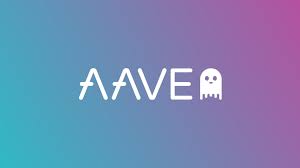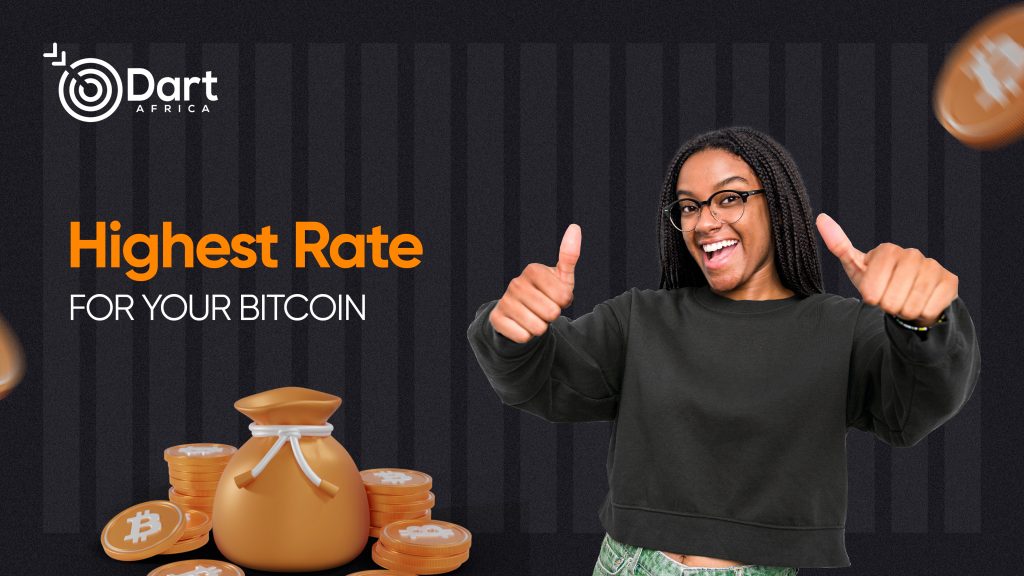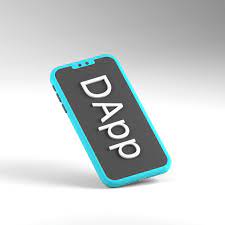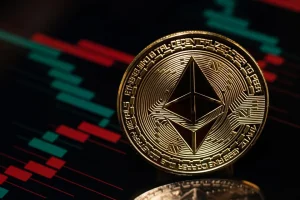If you have an interest in the world of cryptocurrencies, chances are you’ve considered trying out popular activities such as buying NFTs, swapping coins, or engaging in play-to-earn games. Their reliance on decentralised applications, commonly known as dapps, ties these activities together. Think of dapps as applications or games similar to the ones you download on your mobile phone or computer. However, instead of using traditional login credentials like an email address and password, you can access these dapps using a crypto wallet.
What are dApps?
Decentralized Applications, or dApps, are built on a peer-to-peer decentralized network, operating through back-end code. These innovative applications offer functionalities akin to traditional consumer apps but harness the power of blockchain technology. By eliminating centralised data management, dApps empower users with greater control over their data, ensuring a decentralised service experience.
Because dapps are built on blockchains, there are a few basic differences between them and regular applications.
What Are Some Differences Between Dapps And Traditional Apps?
Centralisation vs Decentralization:
Traditional apps rely on centralised servers and infrastructure managed by a single entity or organisation. In contrast, dApps operate on decentralised networks, utilising blockchain technology to distribute data and computing power across a network of participants. This decentralised nature removes the need for a central authority and enables greater transparency, security, and resilience.
Ownership and Control:
In traditional apps, users typically surrender ownership and control of their data to the app provider or the centralised entity behind it. With dApps, users have greater ownership and control over their data. The blockchain technology used in dApps ensures that data remains under the user’s control and can only be accessed or modified through their explicit consent.
Transparency and Auditability:
DApps typically provide a high level of transparency and auditability. The blockchain records all transactions and data modifications transparently and immutable. This enables users to verify and audit the actions performed within the dApp, ensuring trust and accountability.
Governance and Consensus:
Traditional apps are usually governed and controlled by a centralised entity, making decisions and implementing changes according to their own policies. DApps often employ decentralised governance models, where decisions are made through consensus mechanisms involving the participants in the network. This gives dApp users a say in the future development and direction of the application.
Development and Openness:
Traditional app development is usually proprietary, with source code and development processes controlled by the app provider. In contrast, many dApps are open source, allowing anyone to access, review, and contribute to their codebase. This fosters innovation, collaboration, and community involvement in the development of dApps.
Examples Of DApps And Their Usage

- Uniswap: Uniswap is a decentralised exchange (DEX) dApp built on the Ethereum blockchain. It enables users to trade ERC-20 tokens directly from their wallets without intermediaries.

- Brave Browser: Brave is a privacy-focused web browser that incorporates a dApp called Brave Rewards. It allows users to opt into a privacy-preserving advertising model and earn Basic Attention Tokens (BAT) by viewing ads. Users can support content creators by tipping them with BAT directly from the browser.

- CryptoKitties: CryptoKitties is a collectable and breeding game dApp built on the Ethereum blockchain. Each CryptoKitty is a unique non-fungible token (NFT) representing a virtual cat. Users can buy, sell, breed, and trade these digital cats, each with distinct attributes and rarity.

- Aave: Aave is a decentralised lending and borrowing platform built on Ethereum. It allows users to lend their cryptocurrencies and earn interest or borrow assets by providing collateral. Aave uses smart contracts to facilitate peer-to-peer lending and offers unique features such as flash loans.
Top Security Tips for DApp Users
Verify Smart Contracts: Before interacting with a dApp, review the underlying smart contracts on the blockchain. Check for any vulnerabilities or potential risks. Audit reports or code reviews by reputable third-party security firms can provide additional assurance.
Enable Two-Factor Authentication (2FA): Enable 2FA whenever possible to add an extra layer of security to your dApp accounts. This typically involves providing a second verification method, such as a code generated by an authentication app or received via SMS.
Conduct Due Diligence: Before participating in dApp token sales, initial coin offerings (ICOs), or decentralised finance (DeFi) projects, conduct thorough research. Scrutinise the project’s legitimacy, team background, security audits, and community feedback to avoid potential scams or high-risk ventures.
Utilise VPN for Enhanced Security: Public Wi-Fi networks pose inherent risks, leaving your internet traffic vulnerable to hacking attempts. This exposes sensitive information, including usernames and passwords, to unauthorised access. Safeguarding your assets becomes crucial in such scenarios. To protect yourself from compromise, employing a Virtual Private Network (VPN) while accessing web 3.0 applications through public Wi-Fi is highly recommended. By using a VPN, you can significantly enhance your security and ensure the confidentiality of your data.






